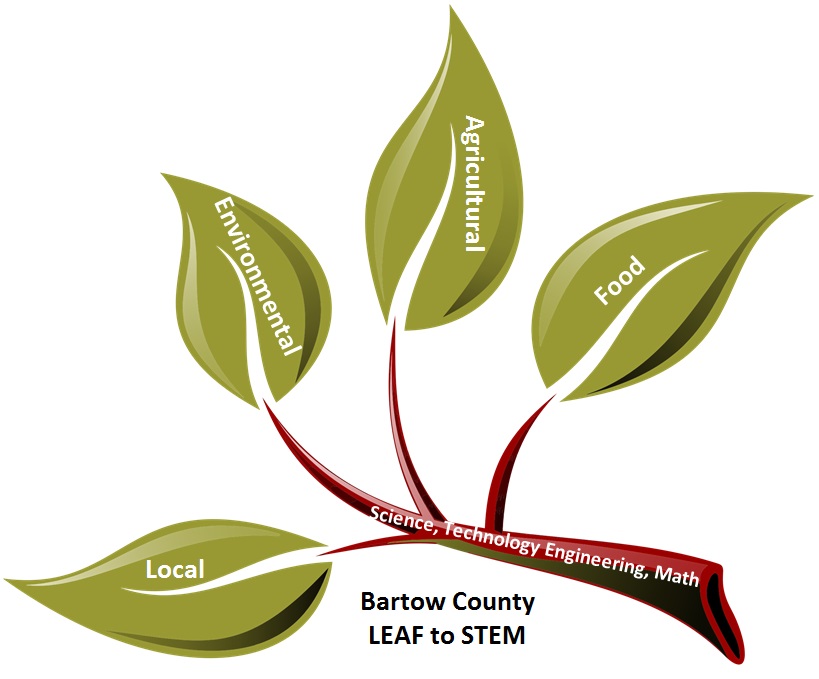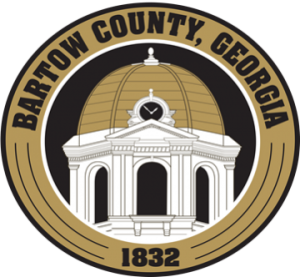
There are many ways we can incorporate health and nutrition education, environmental education, agricultural awareness, and local food into our experiential learning objectives at local schools. Extension agents share a common interest in connecting Local, Environmental, Agricultural and Food (LEAF) experiences to Science, Technology, Engineering, and Math (STEM) for enhancing student education. This LEAF connection is essential to keeping STEM alive and tangible for our younger generations.
This LEAF to STEM analogy is reinforced when you consider the fact that plant stems must have leaves to feed themselves. The leaf of a plant captures sunlight through a process known as photosynthesis and converts this energy into sugars and carbohydrates that fuel plant growth. Likewise, children need motivational fuel (in the form of real world experiences) to grow their knowledge and appreciation for the sciences.
It amazes me that we live in a world where many children are not encouraged to go outside or play in their own backyard. I’ve heard teachers say that some children have never put their hands in soil before. Many children have never planted or harvested a fruit or vegetable before. And many children don’t know that their food comes from a farm. This explains why many children don’t eat enough fruits and vegetables. Many studies have shown that children who experience these farm to table connections are more likely to make healthier food choices and increase their consumption of fruits and vegetables.
Local experiences are often the best way to connect young people to agriculture, food, and the environment. We have many wonderful examples in Bartow County. You can visit a pick-your-own farm or shop at the local farmers market. Go for an afternoon hike to observe our native forests at Red Top Mountain State Park, Pine Log Creek, Pine Mountain, Allatoona Lake, or any of our local city and county parks. Go for a kayak or canoe ride down the Etowah River and experience this amazing natural resource (lifeblood) that flows through our farming communities.
Environmental education is synonymous with our 4-H program. The Georgia 4-H Environmental Education Program invites your students to join the safe haven of Georgia’s outdoor classroom. Our 4-H facilities and summer camps provide opportunities for high-quality day and overnight educational experiences. Locations spread out across Georgia include Rock Eagle 4-H Center, Camp Jekyll, Camp Wahsega, Camp Fortson, Camp Burton, and 4-H Tidelands Nature Center. Each location is unique and gives young people an opportunity to explore Georgia’s mountains, piedmont, or coastal regions. Our research-based curriculum correlates to the Georgia Standards of Excellence, providing hands-on learning in the context of the real world.
Agriculture is the largest industry in Georgia. Agriculture is a driving force for local economies across Georgia and has long shaped the state’s history. Altogether, agricultural commodities directly represent a value of over $13.76 billion to the Georgia economy. In 2018, food and fiber production and related industries represented $76 billion in output to Georgia’s $1.07 trillion economy and more than 399,200 jobs in the economy. Not every kid will grow up to be a farmer. However, they are highly likely to end up in a job that supports an agricultural related industry somewhere along the food and fiber supply chain.
Food science and nutrition education should happen every time a child sits down for a meal. You can incorporate local foods from a backyard vegetable garden, local farmers market, or pick-your-own farm. Children should be encouraged to help with washing, cooking, and preparing food for the family meal. It’s important for adults to model healthy, nutritious food choices—children usually learn their eating habits from their parents. Call the County Extension office or visit foodtalk.org if you want to attend one of our Food Talk Classes and learn how to keep your family healthy by making nutritious food choices on a budget.
Paul Pugliese is the Extension Coordinator and Agricultural & Natural Resources Agent for Bartow County Cooperative Extension, a partnership of The University of Georgia, The U.S. Department of Agriculture, and Bartow County. For more information and free farm, lawn, or garden publications, call (770) 387-5142 or visit our local website at ugaextension.org/bartow
